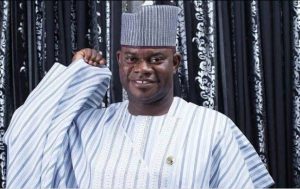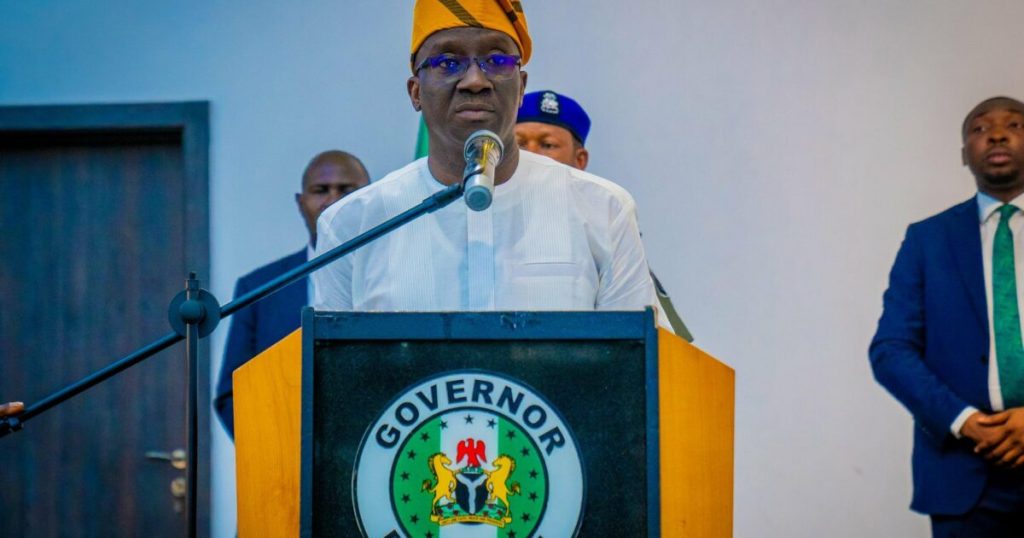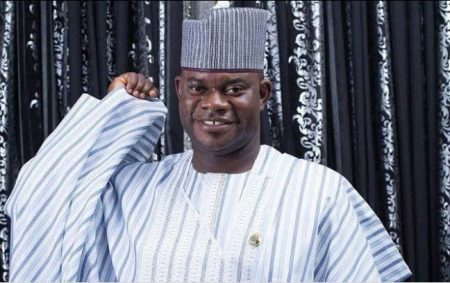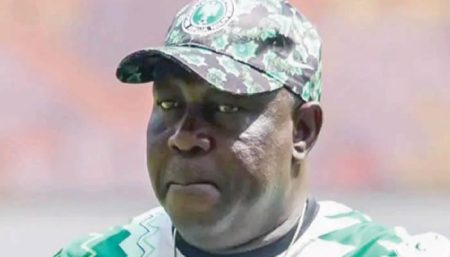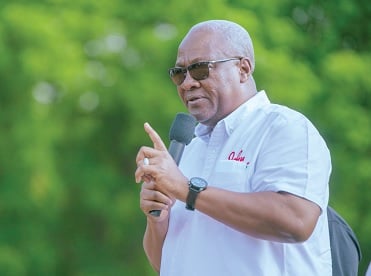The Edo State government, under the leadership of Governor Godwin Obaseki, has announced a significant policy shift in the education sector, approving the return of schools to missionary organizations, specifically the Catholic Church. This decision, which follows decades of government control over these institutions, marks a pivotal moment in the state’s educational landscape and promises to reshape the future of education for many Edo State students. The move signals a renewed recognition of the role missionary organizations played in establishing and nurturing educational institutions in the region, and acknowledges the potential benefits of their renewed involvement.
The decision to return the schools was reached after a meeting between Governor Obaseki and Bishop Gabriel Dunia of the Catholic Diocese of Auchi. The discussions centered around the historical contributions of the Catholic Church to education in Edo State and the potential for revitalizing these institutions through a collaborative partnership. The government’s acknowledgement of the Church’s long-standing commitment to education paved the way for an agreement to return the schools, addressing a long-standing request from the Catholic Diocese. The meeting underscored the shared goal of improving the quality of education in Edo State and leveraging the expertise and resources of both the government and the Catholic Church.
Governor Obaseki’s administration plans to establish a committee tasked with identifying the specific schools to be handed over. This committee will play a crucial role in ensuring a smooth and transparent transition process. The list of potential schools includes prominent institutions such as Our Lady of Fatima College, Auchi; St Angela’s Grammar School, Uzairue; St John Grammar School, Fugar; St Peter’s Grammar School, Agenebode; St James’s Grammar School, Afuze; St Joseph College, Otuo; St Mary Grammar School, Eme-Ora; and St Aloysius Gonzaga Grammar School, Ososo. These schools, with their established histories and reputations, represent a significant portion of the Catholic educational legacy in Edo State. The committee’s work will involve assessing the current state of these institutions, addressing any logistical challenges, and ensuring that the handover aligns with the overall goals of improving educational outcomes.
The return of these schools marks a reversal of a policy implemented in the 1970s, when the government took control of both primary and secondary schools previously managed by the Catholic Church. For decades, the Catholic Diocese has sought the return of these institutions, highlighting the historical significance and the potential for renewed growth and development under their stewardship. Bishop Dunia emphasized the persistent appeals made to previous administrations, noting that Governor Obaseki’s decision represents a significant breakthrough in their efforts. This decision resonates with the Catholic Church’s commitment to providing holistic education, focusing not just on academics but also on character development and moral formation.
The Catholic Church views education as a vital component of its mission, emphasizing not only academic excellence but also the formation of “ideal moral character,” which they consider essential for building a strong and virtuous society. Bishop Dunia stressed the Church’s belief in the transformative power of education, its ability to shape young minds and instill values that contribute to the common good. The return of these schools allows the Church to re-establish its educational philosophy and provide students with an education rooted in their faith and values. This approach aims to produce well-rounded individuals equipped to contribute positively to society, embodying both intellectual and moral excellence.
The transfer of these schools back to the Catholic Church signifies a notable shift in educational policy in Edo State, reflecting a growing trend toward greater collaboration between government and faith-based organizations in providing education. This partnership recognizes the distinct strengths and resources each entity brings to the table and highlights the potential for synergistic efforts to enhance educational outcomes. The decision has been widely welcomed by the Catholic community, who see it as an opportunity to further their mission of providing quality education grounded in faith and values. As the transition process unfolds, the focus will remain on ensuring a smooth handover and maximizing the potential benefits for students in Edo State. The long-term success of this initiative will depend on the continued collaboration between the government and the Church, working together to create a thriving educational environment for the future generations of Edo State.


